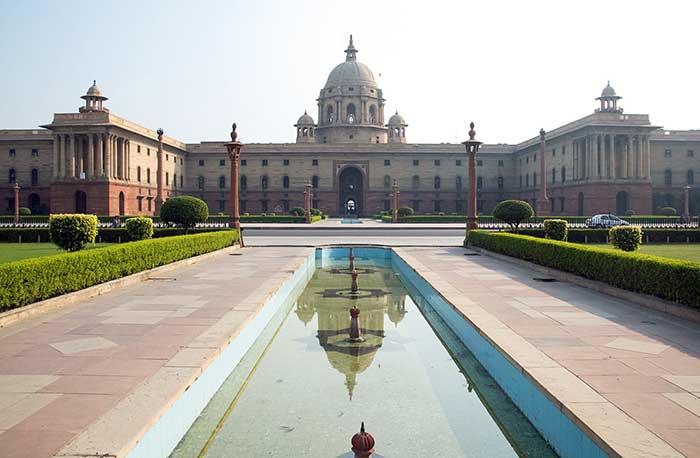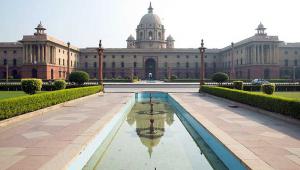india_government_building.jpg

The Indian government building in New Delhi. Credit: Laurie Jones
The reforms will see the creation of a Tax Policy Research Unit and a Tax Policy Council that will now analyse and advise the Indian government on tax reform and legislation. They would replace the Central Board of Direct Taxes and the Central Board of Excise and Customs, which currently handle those functions.
In a statement yesterday, India’s Ministry of Finance said the changes will “bring consistency, multidisciplinary inputs and coherence” into tax policymaking.
India’s tax system has been criticised for being confusing and complicated, with policies that often run in contradiction with one another – a factor that has held India back in the World Bank’s evaluation and rankings of ease of doing business.
The reforms follow recommendations from a Tax Administration Reform Commission in 2014 on conclusion of an examination of the country’s tax policy institutions and procedures.
The CBDT and CBEC currently both work on changes to tax policies independently and send separate proposals to the finance minister. The commission found that, despite having similar structures and governance, there is a lack of cooperation between the two, duplicating work and increasing costs for the departments and taxpayers.
The commission recommended full integration of the CBDT and CBEC within 10 years, a move towards a unified management structure within five and abolishment of the post of revenue secretary.
India’s finance ministry said yesterday that both a Tax Policy Council and Tax Policy Research Unit will be created.
The research unit will be a multi-disciplinary body, including tax administrators, economists, statisticians, tax law experts and other specialists. It will carry out studies and independent analysis of fiscal and tax policy proposals, prepare and disseminate tax policy and background papers on tax issues, and liaise with state commercial tax departments.
The unit will then pass its findings to the 10-member Tax Policy Council, chaired by the finance minister, which will advise the government on future tax policy and legislation decisions.
According to a tweet by the revenue secretary Hasmukh Adhia, the two bodies will start operations at the beginning of April this year.
Elsewhere in Indian tax news, on Monday the CBDT entered into two bilateral Advance Pricing Agreements with the UK, which will prescribe the tax British-based multinational companies operating in India will pay on transactions between their parent company and Indian subsidiaries.
The finance ministry said the two Indian subsidiaries have now been provided with tax certainty for over a decade – a “significant step towards providing a stable and predictable tax regime”.
Last week, the finance ministry also announced that the CBDT had resolved over 100 out of around 200 old disputes regarding the taxes paid on transactions between US-based parent companies and their Indian subsidiaries in the information technology services industry.
The ministry said that as a result of this, it expects to also engage in bilateral advance pricing agreements with the US in the near future. The US bilateral programme had formerly been closed to India.
The ministry hopes these developments will create “an environment of tax certainty and encourage multinational corporations to do business in India”.













